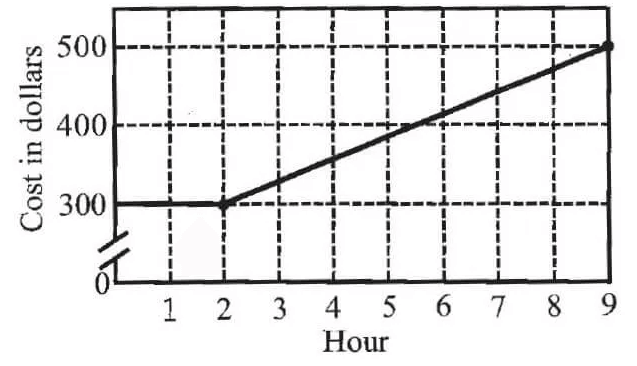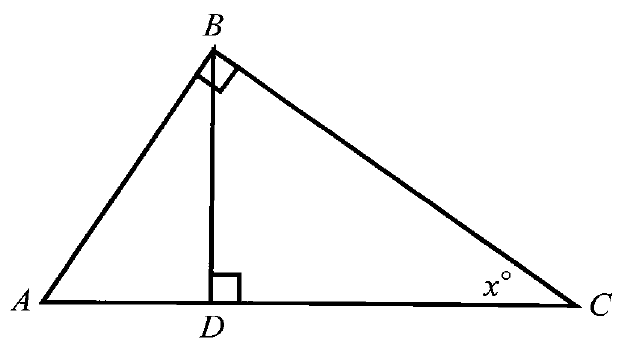ESTIMATING IRRATIONAL NUMBERS
Irrational numbers are numbers that are not rational. In other words, they cannot be written in the form a/b, where a and b are integers and b is not 0.
Square roots of perfect squares are rational numbers. Square roots of numbers that are not perfect squares are irrational.
The number √3 is irrational because 3 is not a perfect square of any rational number.
Estimate the Value of √2
A. Since 2 is not a perfect square, √2 is irrational.
B. To estimate √2 , first find two consecutive perfect squares that 2 is between. We can do this by writing the following inequality.
1 < 2 < 4
C. Now take the square root of each number.
D. Simplify the square roots of perfect squares.
√2 is between 1 and 2
E. Estimate that √2 ≈ 1.5.

F. To find a better estimate, first choose some numbers between 1 and 2 and square them.
For example, choose 1.3, 1.4, and 1.5.
1.3² = 1.69, 1.4² = 1.96, 1.5² = 2.25
Is √2 between 1.3 and 1.4 ? How do we know ?
No ; √2 is not between 1.69 and 1.96.
Is √2 between 1.4 and 1.5 ? How do we know ?
Yes ; √2 is between 1.96 and 2.25.
Since √2 is between 1.4 and 1.5, we have √2 ≈ 1.45.
G. Locate and label this value on the number line.

Reflect
Question 1 :
How could you find an even better estimate of √2 ?
Answer :
Test the squares of numbers between 1.4 and 1.5.
Question 2 :
Find a better estimate of √2 . Draw a number line and locate and label your estimate.
Answer :
√2 is between 1.41 and 1.42. So, √2 ≈ 1.415.

Question 3 :
Find a better estimate of √7 . Draw a number line and locate and label your estimate.
Answer :
√7 is between 2.6 and 2.7. So, √7 ≈ 2.65.

Kindly mail your feedback to v4formath@gmail.com
We always appreciate your feedback.
©All rights reserved. onlinemath4all.com
Recent Articles
-
Digital SAT Math Problems and Solutions (Part - 145)
Apr 16, 25 12:35 PM
Digital SAT Math Problems and Solutions (Part - 145) -
Digital SAT Math Problems and Solutions (Part - 144)
Apr 14, 25 07:27 PM
Digital SAT Math Problems and Solutions (Part - 144) -
Quadratic Equation Problems with Solutions (Part - 1)
Apr 14, 25 11:33 AM
Quadratic Equation Problems with Solutions (Part - 1)

